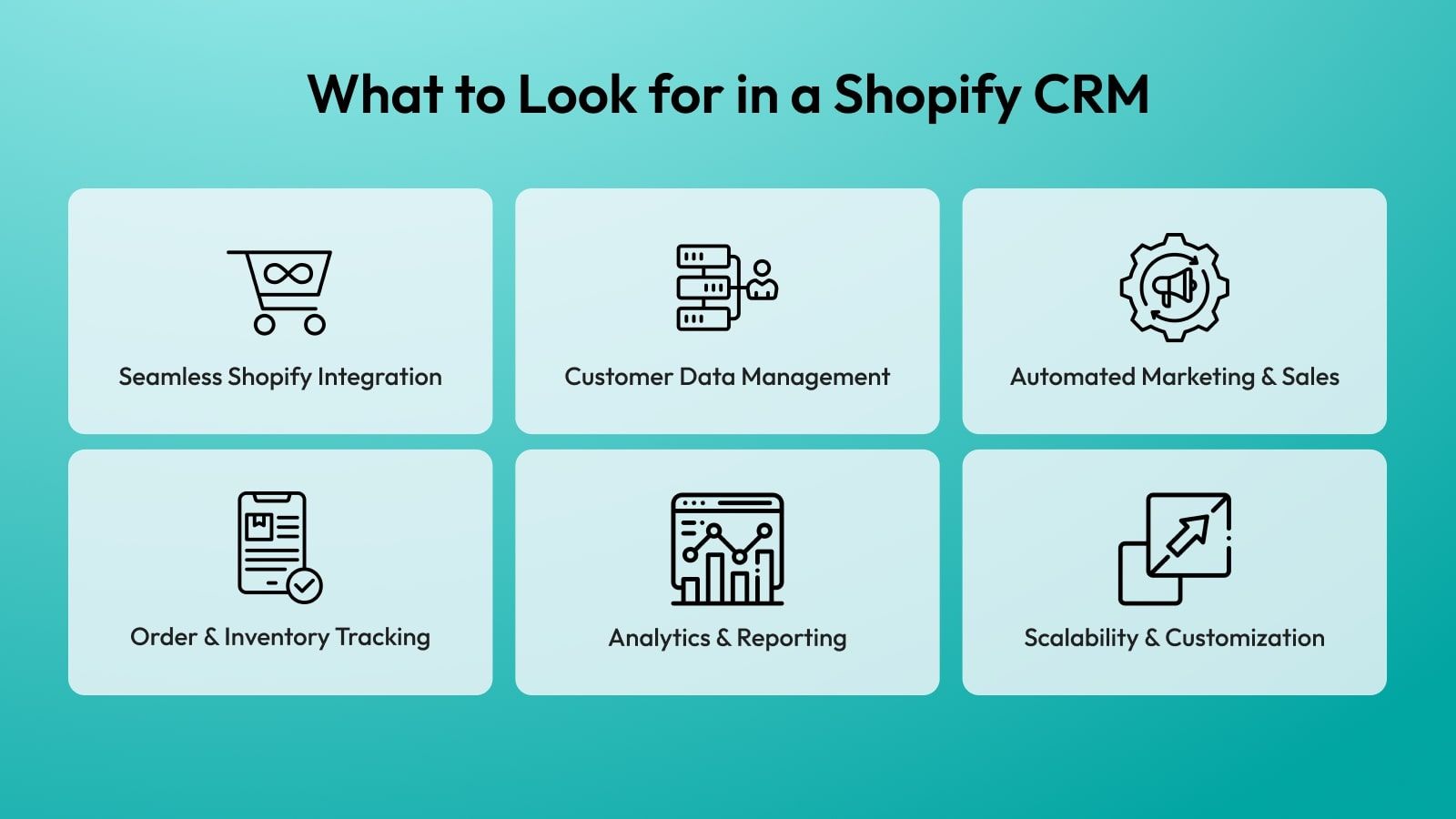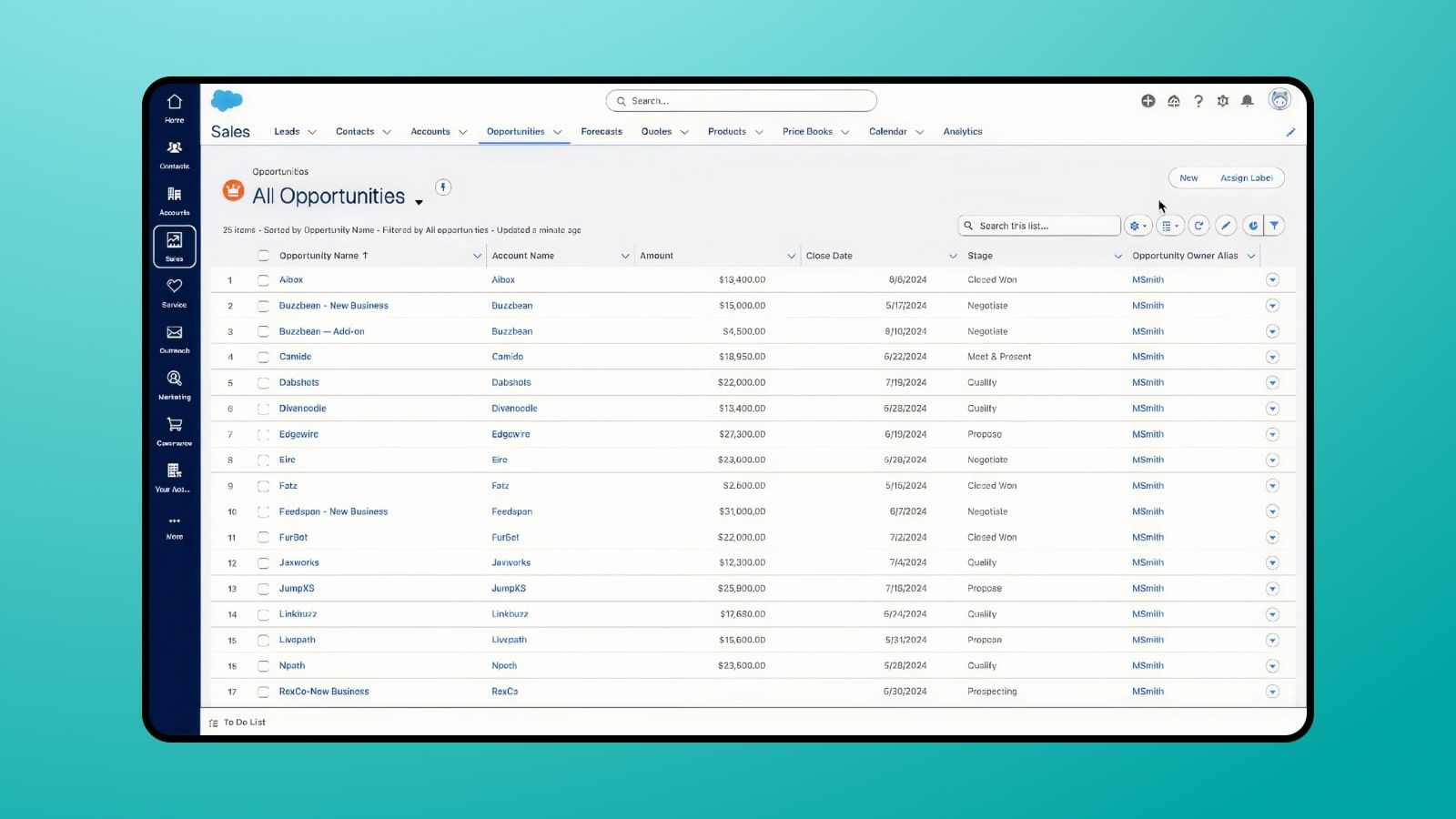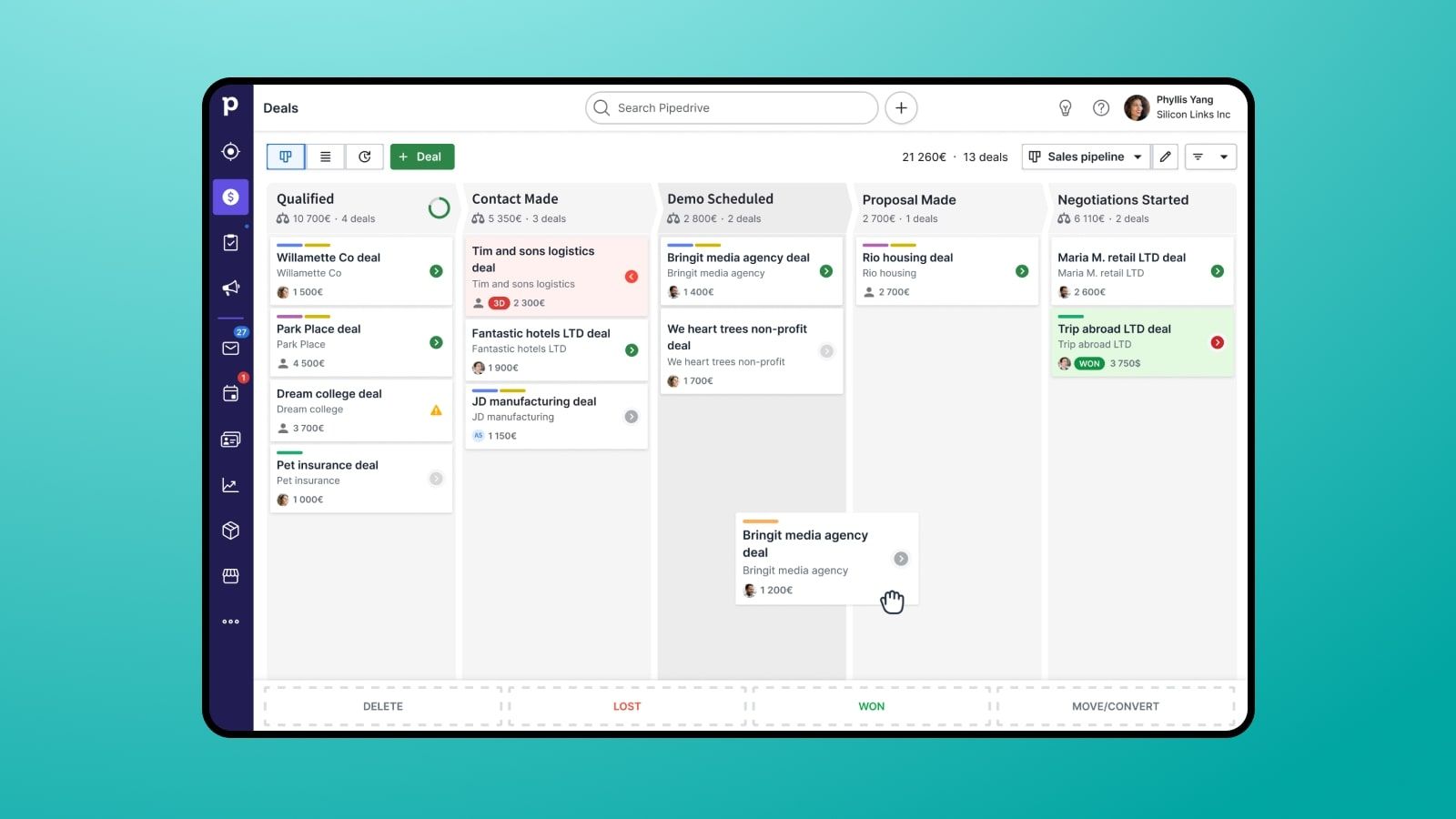Running a successful Shopify store takes more than just selling great products — it’s about building strong, lasting relationships with your customers. That’s where a powerful CRM (Customer Relationship Management) system comes in. The right CRM can help you gather customer data, automate marketing, improve support, and drive repeat sales. In this guide, we’ll explore why a CRM is essential for Shopify stores and review some of the best CRM tools to help you grow and manage your business more effectively.
I. How to Choose the Right CRM for Shopify
Good products are only one piece of having a successful Shopify store. The truth is that the key is to learn about your customers, build and solidify relationships with them, and make them go shopping in as smooth a manner as you possibly can. A CRM (Customer Relationship Management) system is where all that fits in. Using the right CRM for Shopify, you can get customer information, communicate with them, and promote sales like never before.
However, with so many options available, which option is the best for Shopify? In this post, I will be checking out some of the top eCommerce CRM solutions available and understand what makes each of them unique.
II. Why Do You Need a CRM for Shopify Store?
Data collection is an essential function of every Shopify store through each buying transaction. Introducing raw data to tools that make analysis along with organization possible leads to effective action-making. Whether you plan to create a shopping app or just need to optimize processes within your eCommerce business, using a CRM system enables businesses to achieve the following goals through its functionality.

- A CRM system provides the tools to understand how customers behave during purchases, along with what they prefer and their specific actions.
- Your business should use customized email outreach with individualized customer service approaches.
- Your organization will accomplish better follow-up management to effortlessly secure more business sales.
- You should find your most devoted clients through CRM analysis and then give them unique discounts.
A powerful CRM system brings essential advantages to your Shopify store by delivering better customer service in an intensely competitive market.
II. What to Look for in a Shopify CRM
Several required elements must be considered during your search for a Shopify CRM.
-
The CRM system should connect flawlessly with Shopify details in order to avoid time-consuming manual input.
-
A system with an easy-to-use interface should be selected because unnecessary training requirements should be avoided.
-
The CRM platform should have automated functions to handle tasks, including follow-ups, customer segmentation, and order confirmations.
-
A CRM system should be selected that displays the potential to adjust to your business expansion.
-
Reporting functionality enables users to obtain crucial insights that enhance their sales and marketing approach.
 (https://cms.truestorefront.com/uploads/Shipping_Rate_Comparison_Tools_Benefits_5c93596887.jpg)
(https://cms.truestorefront.com/uploads/Shipping_Rate_Comparison_Tools_Benefits_5c93596887.jpg)
III. Top CRM Solutions for Shopify
It doesn’t have to be rocket science to find the right CRM for your Shopify store. The secret is to discover a solution that plays to your business goals and adheres to the needs of your customers. Below is a compilation of some of the best CRMs for your eCommerce to make you as successful as possible.
3.1. Features to Include in CRM.
Before diving into the description of various CRM tools, let’s discuss the baseline checklist of functionalities that should be present in any Shopify CRM.
- Customer Information Syncing – Customers’ master data, including customer data profile, order history, and contact information, will be updated.
- Marketing Automation – An important aspect that helps you target desired audiences, remind customers about the products they left in the cart, and suggest higher-end products to the buyers.
- Customer segmentation – the process of categorization of the customers depending on their activities, choices, and spending capacity.
- Business Intelligence – gaining insights that are real time on customers’ behavior, sales, and marketing results.
- Large Customer Capacity – Verify that the incoming and processing customer data and interaction should be easily manageable as the store expands.
Now, let’s take a closer look at some of the top CRM solutions that Shopify merchants swear by. # HubSpot CRM
It may also be noted that except for several extensions, features provided in the free CRM plan are nearly as effective as the paid ones offered into HubSpot. It is an easy-to-use tool for Shopify merchants that helps in marketing automation, syncing consumer data, and sales analytics. For instance, sometimes, a customer goes through your store to purchase goods, services or products but is compelled to leave without buying, HubSpot has features that can automatically send emails to those customers to complete the purchase. This can also be done based on the number of times a customer used the service, or the type of services they purchase, hence increasing the chances of relevancy.
# Salesforce
Salesforce, being a leader in CRM, offers various functionalities for eCommerce businesses to grow their organizations. Its Commerce Cloud is also useful in personalizing shopping, which is instrumental in branding via artificial intelligence for Shopify store owners.
Think of retail suggestions based on the context of the current web page or sending special deals to the clients with the highest loyalty rates. It also means that through Salesforce, your store will be well-equipped to meet or even surpass the needs of its customers due to its advanced ability to process data.
 # Zoho CRM
# Zoho CRM
Considering that Zoho CRM is a cost-effective solution with a great selection of features, it is perfect for small and mid-sized Shopify stores. Its core competencies include centralization of a customer’s data, order history, and sales figures within the Shopify platform.
Some of the features are Zia which is an AI-based tool that is used for answering customer queries and it even offers the next best action for acting on leads thus making the process fascinating and effective for the customer.
 # Pipedrive
# Pipedrive
In particular, Pipedrive is a suitable option for active sellers of various products in an online store on Shopify. This makes the application easy to understand since all the leads tracked and the relevant ones are easily highlighted. Thanks to the integration with Shopify, important information about the orders and customer relations is collected with no need for additional efforts from the sellers.
When it comes to managing urgent promotions and other fold promotions, such as during festive seasons, the use of automation in Pipedrive is highly effective. They assist to organize your crew and ensure you do not get overwhelmed even in the season of many customers.
# ActiveCampaign
As an email marketing software, ActiveCampaign offers a variety of CRM tools and functionalities of advanced automation. It has built-in Shopify connectivity that enables you to monitor purchase behavior of such customers for promotional campaigns.
One of the key features of the biggest strengths that ActiveCampaign brings to the table is the highly personalized customer journey. For instance, if a shopper purchases a pair of hiking boots, they will likely be recommended a backpack or tracking poles—all of which will increase the likelihood of future consumption.
3.2. Real-Life Cases on How CRMs Transform Shopify Stores
CRMs are not only systems that are helpful but tools that have the potential to change the dynamics of Shopify stores. Thus, it will be possible to improve customer communication, increase sales, and foster long-term relations for the following reasons. Below are some vivid real-life examples to show how CRM has helped eCommerce businesses:
# Turning Visitors Into Buyers
One day, a store selling handcrafted candles realized the rate at which visitors were leaving was very high. They could identify which products were more in demand after using HubSpot CRM. Based on this data, they began sending out promotional emails of their bestselling products to the lists and, in a month, recorded a 25% improvement in conversion rates.
# Boosting Repeat Purchases
Applying ActiveCampaign, the online fashion boutique worked through samples of customers and separated the customers according to their rate of purchase. They also used reminders on the supermarket’s website for customers who have not transacted within 90 days with coupons of exclusive discounts. The result? A 40% rise in repeat purchases.
# Enhancing Customer Support
An electronics gadgets store used Zoho CRM, especially in handling customer support cases. Due to Zia, their AI-powered assistant, they were able to resolve customers’ issues 30% quicker and, hence, gained a positive image in their customer service.
Final Thoughts
Selecting the right CRM for Shopify can be very beneficial for your business. All goals can be met, whether it helps streamline the process, provide an enhanced level of analytics, or even deliver personalized marketing. Self-service capabilities in targeted marketing and all-in-one features of Salesforce are likely to greatly enhance your eCommerce business.
To begin with, it is necessary to evaluate your store’s requirements and consider the possibilities mentioned above. Having implemented an effective CRM there will be an improved way of handling your consumers and giving them shopping experiences that are rewarding.
Read more:
